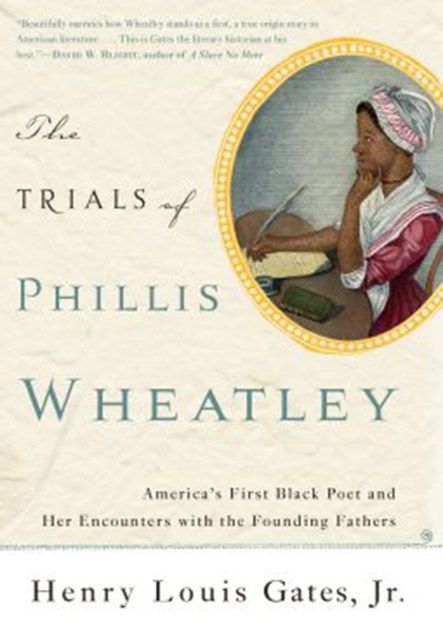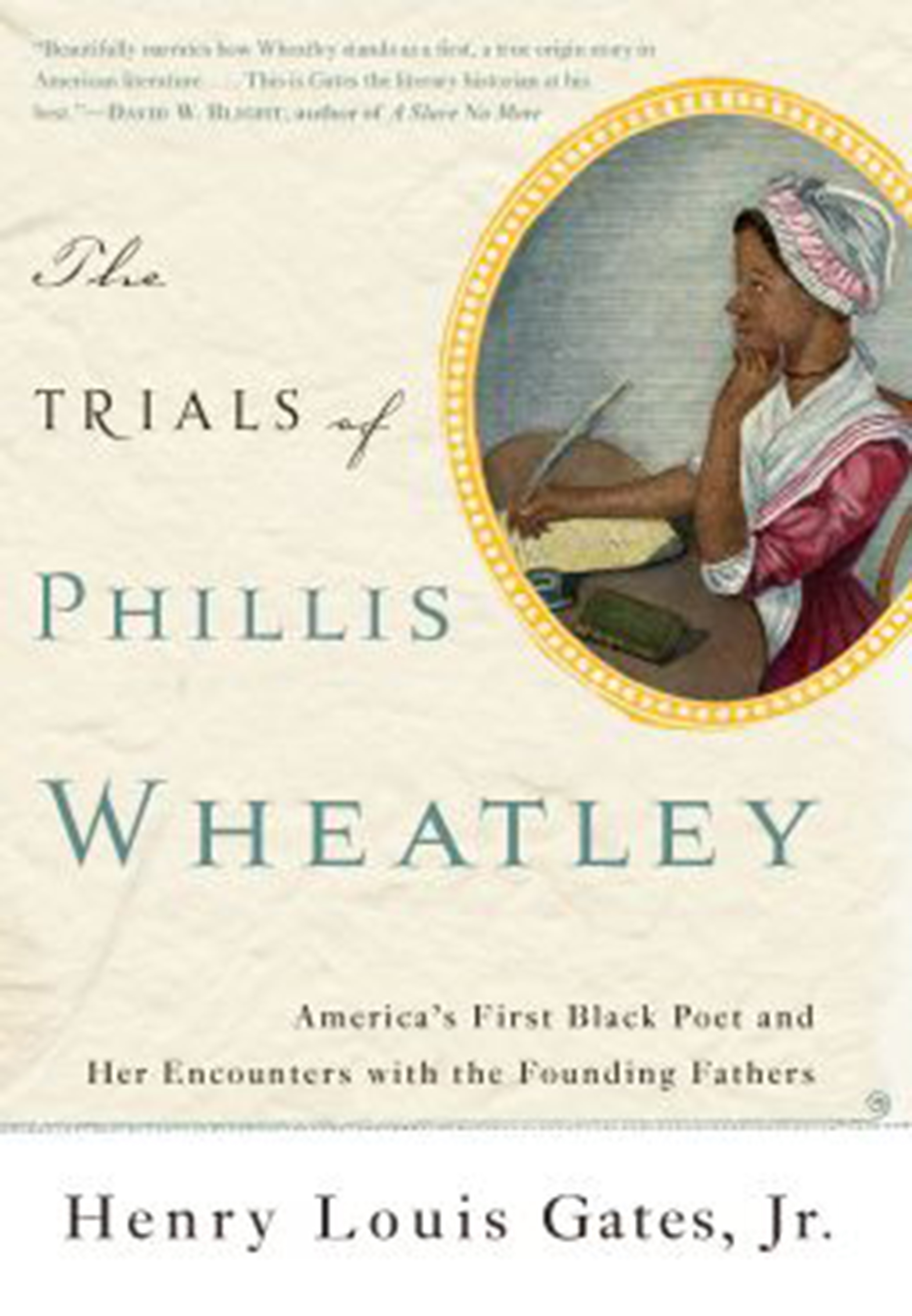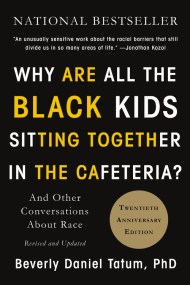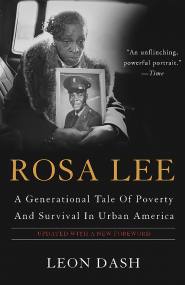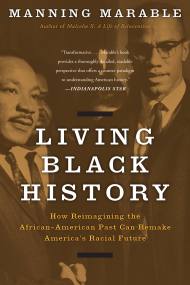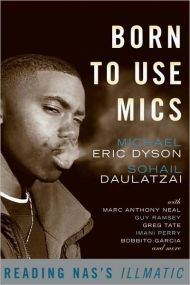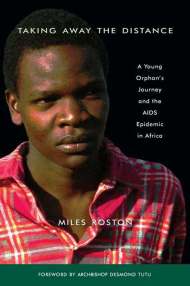By clicking “Accept,” you agree to the use of cookies and similar technologies on your device as set forth in our Cookie Policy and our Privacy Policy. Please note that certain cookies are essential for this website to function properly and do not require user consent to be deployed.
The Trials of Phillis Wheatley
America's First Black Poet and Her Encounters with the Founding Fathers
Contributors
Formats and Prices
- On Sale
- Apr 29, 2009
- Page Count
- 144 pages
- Publisher
- Basic Books
- ISBN-13
- 9780786728992
Price
$9.99Price
$12.99 CADFormat
Format:
- ebook $9.99 $12.99 CAD
- Trade Paperback $19.99 $25.99 CAD
This item is a preorder. Your payment method will be charged immediately, and the product is expected to ship on or around April 29, 2009. This date is subject to change due to shipping delays beyond our control.
Buy from Other Retailers:
In The Trials of Phillis Wheatley, Henry Louis Gates Jr. explores the pivotal roles that Wheatley and Jefferson played in shaping the black literary tradition. Writing with all the lyricism and critical skill that place him at the forefront of American letters, Gates brings to life the characters, debates, and controversy that surrounded Wheatley in her day and ours.
Newsletter Signup
By clicking ‘Sign Up,’ I acknowledge that I have read and agree to Hachette Book Group’s Privacy Policy and Terms of Use
